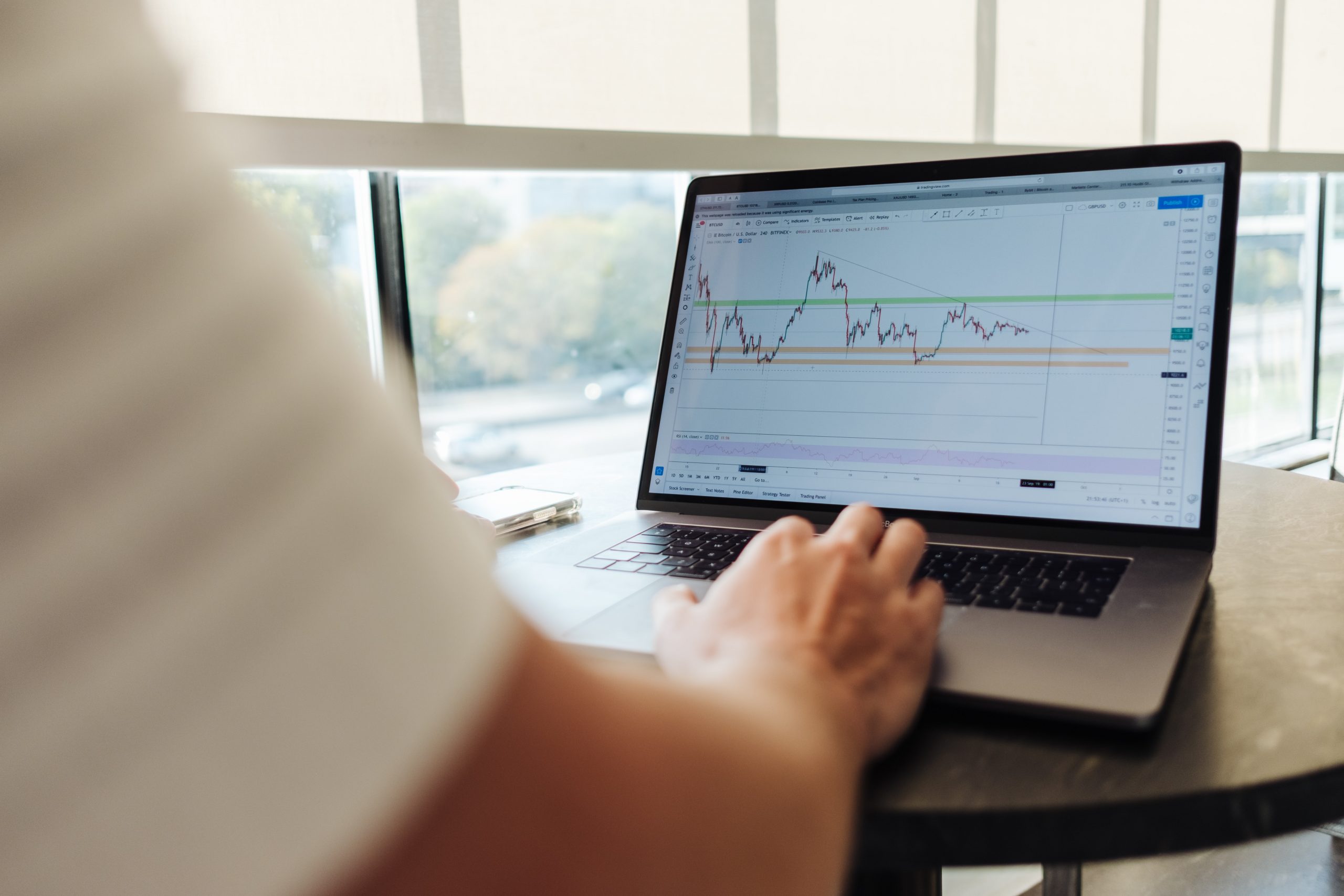CFD trading can be defined as being the selling and buying of CFDs. CFD is an acronym of contract for difference. This derivative product enables traders to make financial market speculations like commodities, indices, forex, and shares without the need to take ownership.
Instead, CFD trading means you agree to change the pricing difference of assets from when the contract opens to when it closes.
With CFD, traders also get to speculate price movement in any direction. As such, the loss and profit traders make often depend on how correct or wrong your forecast was. This speculation is what makes it so risky for traders.
Uses and features of CFD
Long and short trading
As earlier mentioned, CFD trading makes it possible for you to make price movement speculations. So, even though you have the option of mimicking traditional trades, you have the option of opening CFD positions. Unlike conventional trades, which profit with market price rise, CFD positions profit with a price decrease in underlying markets. This is known as ‘going short’ or selling a compared to ‘going long’ or buying.
CFD Leverage
CFD trading gives you exposure to a great position, and you don’t have to commit the entire amount. That way, you have the option of spreading your capital even further. Even so, it’s worth noting that your loss or profit will be calculated depending on your position’s full size.
CFD Hedging
You can use CFDs to hedge your existing portfolio against losses. For example, if you have reason to believe that company A will experience a short-term value dip, you could go short via CFD trading. That way, you’ll have offset some potential losses. Hedging risks in this manner means that if the company experiences a value drop, you’ll gain.
How CFDs Work
Here, you will get to see four significant concepts involving CFD trading. They are:
· Commission and spread
When quoting CFD prices, it is done in two: sell price and buy price. The selling price, also called the bid price, is the one used to open short CFDs. Whereas buy price, also called the offer price, is the price you use to open long CFDs. Sell prices are always slightly lower than current market prices. Likewise, buy prices tend to be slightly higher.
The spread is the difference between those two. In many cases, the cost for opening a position is covered in the spread. However, share CDFs aren’t charged through the spread.
· Deal Size
Standardized lots (contracts) are what are used for trading CFDs. The size of one lot depends on the specific underlying asset that’s being traded.
· Duration
Many CFD traders do not have a fixed expiry as compared to options. Positions are closed when a trade is placed in an opposite direction, I.e., from the direction the trade was opened. If you choose to keep your CFD position open to the next day, you will incur overnight funding billing.
· Profit and loss
If you have to calculate the loss or profit you’ve earned from CFD trading, multiply no. Of contracts by the value of a contract. The resulting figure will then be multiplied by the points difference between the opening price and the closing price.
You will then subtract the fees or charges you may have paid. They include overnight funding, commission, and guarantee stop charges.
Do you always need leverage to trade CFD?
You don’t always need leverage trade CFD. You will find that there are traders who even trade without it. When leverage is used, the amount you’ll be offered will depend on different factors. Factors like the underlying market’s liquidity and volatility and the trading country’s laws.
Conclusion
CFD trading can even be risky because there are times when its advantages overshadow the counter-party risks, liquidity risk, customer money risk, and market risk. Other factors that also make CFD be deemed as being risky include the need for adequate margin maintenance caused by leverage losses, probable lack of liquidity, and pathetic industry regulation.
Even so, it is possible to make money using CFDs, but it is not preferred compared to other trading firms. Pro CFD traders are often veteran traders who have tactical acumen and vast knowledge under their sleeves.

